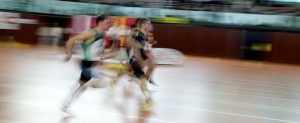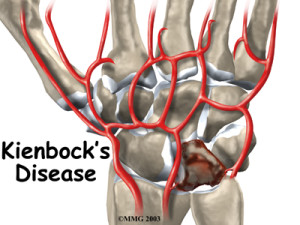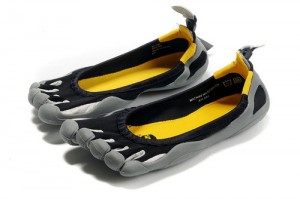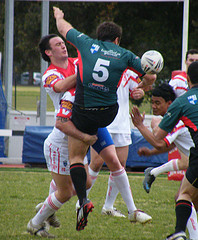Radial tunnel syndrome is rare, it is challenging to differentially diagnose and can be a monster to manage. If you have a recalcitrant case of tennis elbow then this post will interest you! This article discusses the best available evidence for assessment and management of radial tunnel syndrome.
Have you ever heard of snapping scapula syndrome? If you answered no, I would not be too surprised. Whilst this condition is more common than you may think, it seems to be underappreciated within the physiotherapy. Thus, this article will discuss snapping scapula syndrome including what it is, why it occurs and what you need to do to fix it!
As a sports physiotherapist, it is important that you not only rehabilitate athletes but ensure that they are fully fit to return to play. As many of you are fully aware, objective measures such us a full active range of motion does not determine an athlete’s readiness to RTP. Accordingly, a comprehensive assessment of an athlete’s function, via functional performance testing, becomes an absolute assessment necessity. This article will discuss current research on the the role and implementation of functional performance testing, as well as some tests that you may use in your own clinical practice.
Those in the world of sports physiotherapy would be aware of the frequency with which we encounter episodes of patellar instability. Whilst much research is performed in the adult population, it is important to recognise patellar dislocation as one of the most common acute knee injuries in children. Accordingly, this article will discuss new research into the predictors of patellofemoral joint instability in the adolescent and paediatric populations.
How regularly do you treat injured athletes with reduced lower limb flexibility? The answer from many of you would likely be all day long! It has been well established that athletes with reduced lower limb flexibility are at greater risk of injury (Murphy et al., 2003). Thus, it would be logical that a program of regular stretching, which has been shown to improve lower limb flexibility (Harvey et al., 2002), would reduce this injury risk… wouldn’t it? Well, not conclusively…
Kienbock’s Disease is a rare and infrequently discussed source of wrist pain that you could definitely encounter in your clinical practice. The condition is named after the Viennese radiologist Robert Kienbock who presented his findings on the disorder in his 1910 publication ‘Concerning traumatic malacia of the lunate and its consequences’. This condition, discussed in depth below, primarily affects people between 15 and 40 years old and has been documented in athletes from many sports that include repetitive use of the wrist e.g. golf, tennis, martial arts, etc . Therefore, if you work with athletes from these sports, you should remain on high alert for the occurrence of Kienbock’s disease.
Introduction With a name like that, all physiotherapists will remember this one! But how much detail is remembered? Have a quick think about how many wrist patients you see, compared to knee or back patients. If you are in a private practice/outpatient clinic with a demographic anything like mine you will be seeing mostly backs, […]
The shoe industry has evolved most rapidly over the previous decade and will continue to evolve as new technologies and markets are formed. We are in an era where athletes are training in barefoot running shoes and it’s not uncommon for a shoe to carry a microprocessor to play music and/or retain information for further gait evaluation post training. This article aims to unravel the hype and assist physiotherapists on advising the most appropriate footwear for their patients.
In this episode of the podcast I interview Jeff Boyle. Dr Jeffrey Boyle is the Principal Physiotherapist at the Fremantle Dockers Football Club. Jeff is a Specialist Sports Physiotherapist (as awarded by the Australian College of Physiotherapists in 2009) as well as a Musculoskeletal Physiotherapist. Additionally Jeff is an Adjunct Senior Teaching Fellow at the University of Western Australia. In the interview we discuss…
If you are a sports physiotherapist that manages athletes that compete in contact sports, then I am sure that you have treated contact or collision related injuries. Now sports physiotherapists who work with rugby league will take specific note and interest with this research. Do not despair if you do not work with rugby league, you may have experience working with similar contact sports such as rugby union. This post discusses new research on physical collisions in professional rugby league, their impact on injuries and the sports physiotherapy implications.
In the past this site has featured some lighter, colloquial blog posts. These articles discuss issues related to the greater physiotherapy community. Thus, I present a few mantras I have heard, adapted or made up for the physios to live by in the coming year.
Radial tunnel syndrome is rare, it is challenging to differentially diagnose and can be a monster to manage. If you have a recalcitrant case of tennis elbow then this post will interest you! This article discusses the best available evidence for assessment and management of radial tunnel syndrome.











